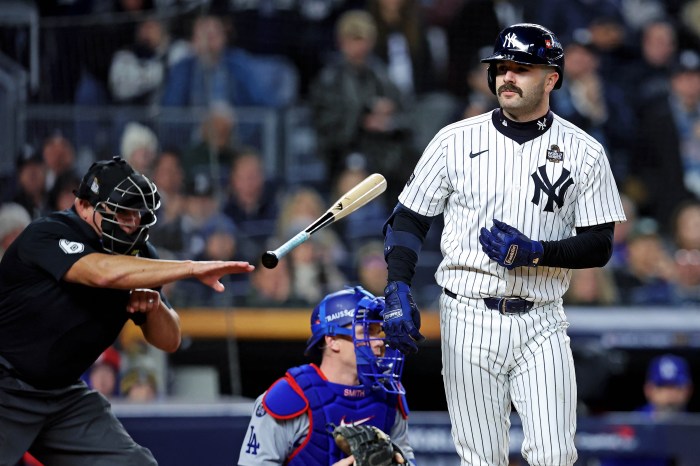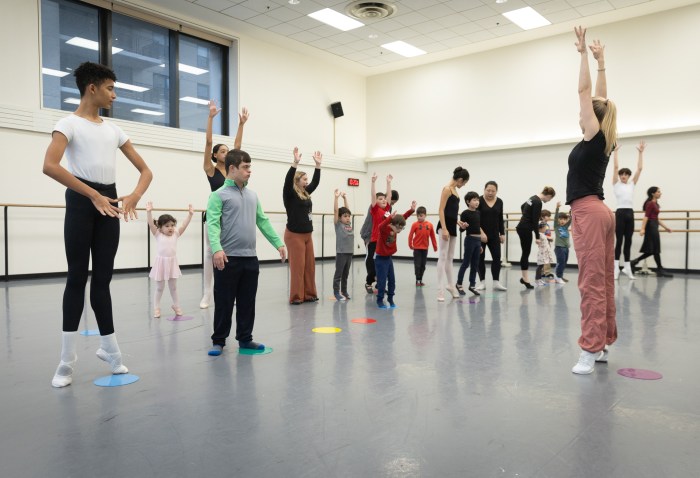Perhaps no esport blurs the line between digital and real-life competition like sim racing.
When the reigning champion of the FIA Certified Gran Turismo Championships’ Nations Cup, Igor Fraga, also competes on the Brazilian Formula Three open-wheel racing circuit, it stands to reason that many of the same skills are applied in both sport and esport.
“Going from the sim racing world … and making it into professional real-world racing is very rare, but it is becoming more and more common," said Nick McMillen, who will compete this weekend at midtown’s PlayStation Theater as the 2019 championship series of PlayStation 4-exclusive racing simulation game "Gran Turismo Sport" makes a New York City pit stop on its world tour.
McMillen speaks from experience. The Salem, Ore., native grew up in a motorsports family — his grandfather was a drag racer while his father raced motocross ATVs — and competed as early as age 5. He moved away from competitive motorsports in his teens before he discovered sim racing and reignited his competitive fire, winning the 2013 GT Academy in the North America region. From there, he received the opportunity to obtain an international racing license to compete professionally in real life.
Unlike most esports, in which players typically use a conventional console controller or keyboard and mouse, competitors on the in the Gran Turismo Championship Series operate their digital vehicles with a racing wheel peripheral and pedals that mimic the actual experience of driving.
Polyphony Digital, the development studio of the long-running "Gran Turismo" franchise which also operates the sim racing championship series, are well-known to gamers for their attention to detail. Photorealistic racetracks such as Germany’s Nürburgring and cars from the likes of Nissan and McLaren are hallmarks of their visual presentation prowess. "Gran Turismo Sport" players also must account for their digital car’s in-competition needs, such as addressing tire wear and refueling.
"Having that steering wheel and pedals, you can make those minute adjustments to control everything a lot better — a half-second quicker, a second quicker," McMillen told amNewYork in a phone interview on Tuesday.
The competition in New York is one of five stops on the series’ world tour, with 46 players from 19 countries and territories competing in the Nations Cup and Manufacturer Series circuits. Nations Cup competitors square off as individuals, while those on the Manufacturer Series earn points for their respective team. The World Finals for both circuits will be held in November.
McMillen, whose competitive handle is GumballCGT and drives for Aston Martin, enters the NYC leg ranked eighth in the Manufacturer Series regional points standings. Although he now has experience as a professional real-world racer, most of his competitive focus of late has been on his demanding sim racing career. The Gran Turismo circuit holds rounds every Wednesday and Saturday.
"It’s really, really competitive, and you have to treat it almost as a professional sport or job," McMillen said. "You have guys at the top like me who are putting in an hour or two, three, four hours a day to really compete at that top level. Especially this year, the time commitment and seriousness of it has really stepped up."
Naturally, the series and its competitors have attracted sponsorships from car manufacturers, as well as outside companies such as Tag Heuer. With such high-profile investments, McMillen foresees a sim racing series such as the Gran Turismo Championships growing to the level of high-profile esports for games such as "Fortnite" and "League of Legends." He cites sim racing’s accessibility and ease of understanding as factors that offer the most appeal to its community and potential fans.
"It has a realism side of it," McMillen said. " … If’s fun because you get this realistic racing. You get the same excitement as you get driving or racing a real car."
As someone with high-level experience both in sim and real-life racing, McMillen can offer unique perspective on the differences between competing in either realm. Driving senses, he notes, are different in a sim racer because all of the feedback comes from the steering wheel without feeling "that grip, the heat" that comes from a real race car.
That, and it’s infinitely safer to drive a digital vehicle at high speed than a real one.
"You don’t have the danger," McMillen said. "… You can run into a wall at a hundred miles an hour and hit reset and you’re OK."
The Saturday and Sunday event in Manhattan is free, but space for attendees is available on a first come, first served basis. For more information on how to attend or stream, visit the event’s PlayStation. Blog.




































